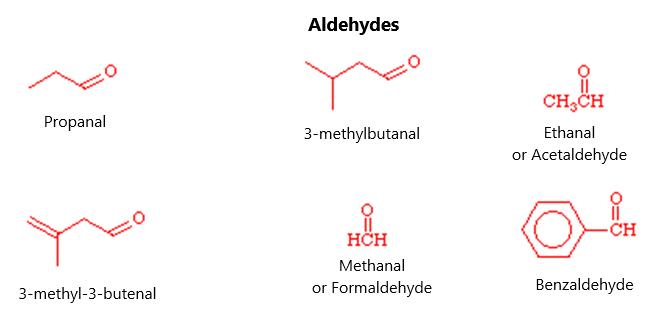Figure 100.
ALKYLATION OF AMMONIA This involves taking an alkyl halide and, through nucleophilic substitution, adding the alkyl group onto the ammonia (NH3) molecule. This leaves behind RNH2 plus ammonium halide. It is referred to as a nucleophilic substitution reaction because nitrogen acts as a nucleophile and substitutes the halide for itself, removing a hydrogen from an intermediary by the remaining ammonia molecule. The reaction looks like that seen in figure 101:
Figure 101.
180




























































